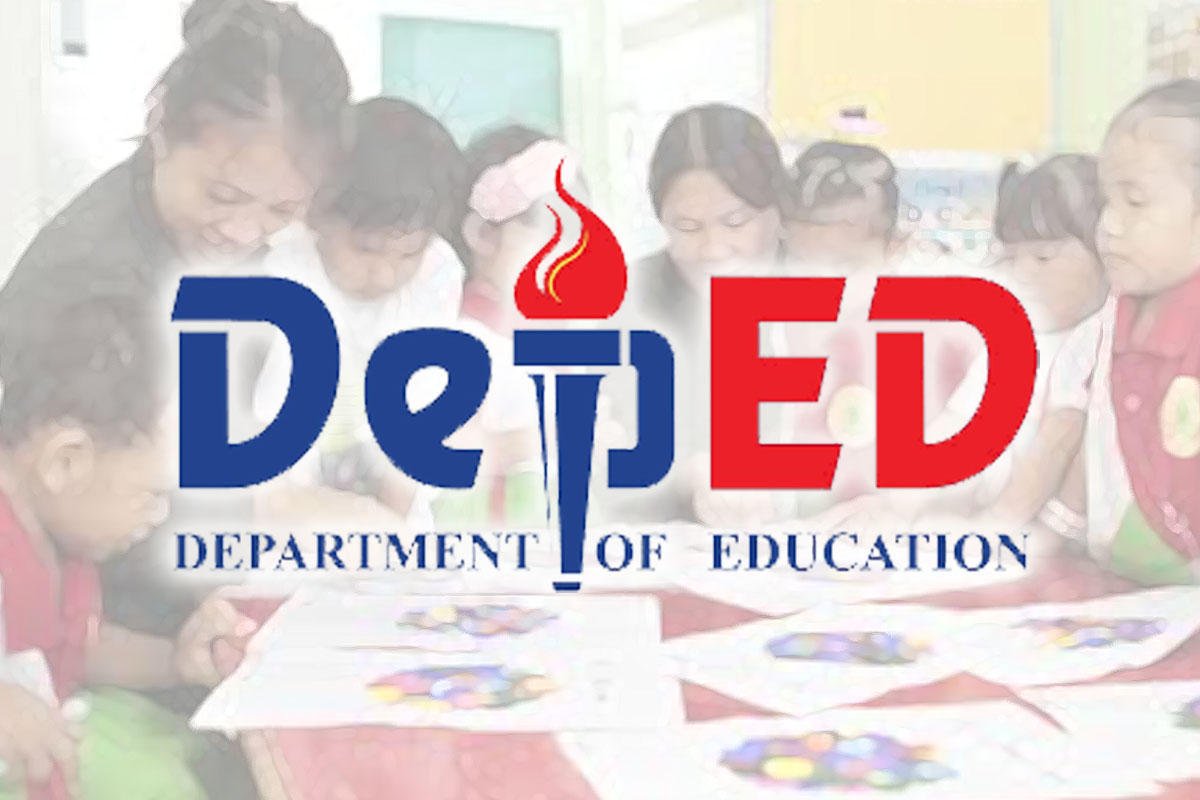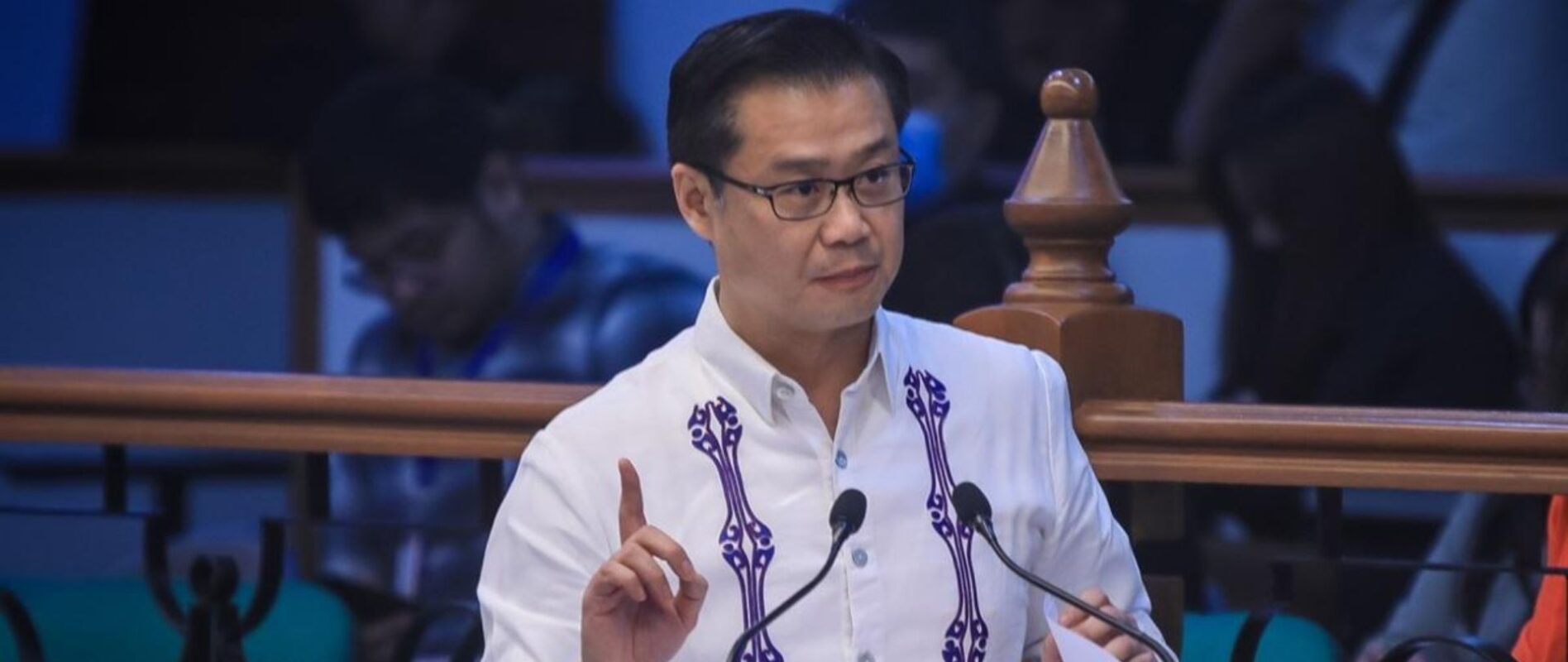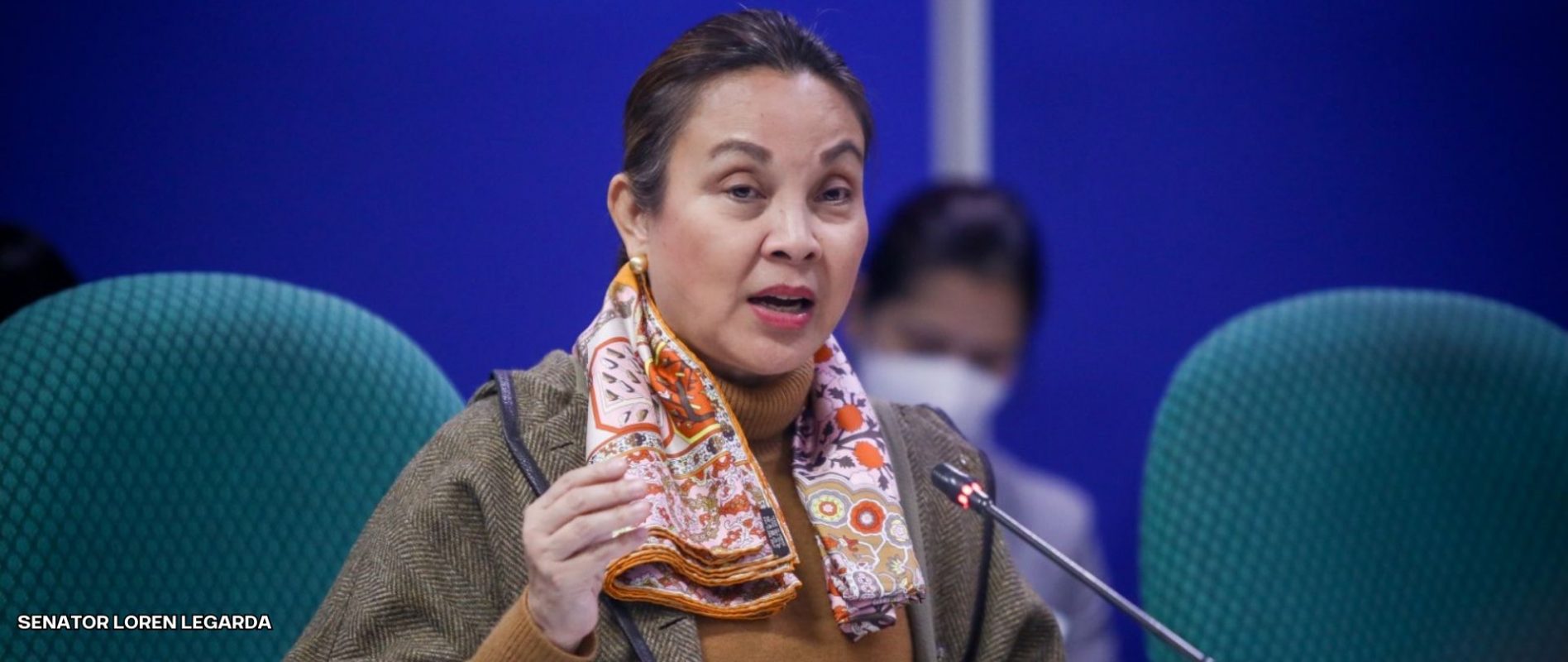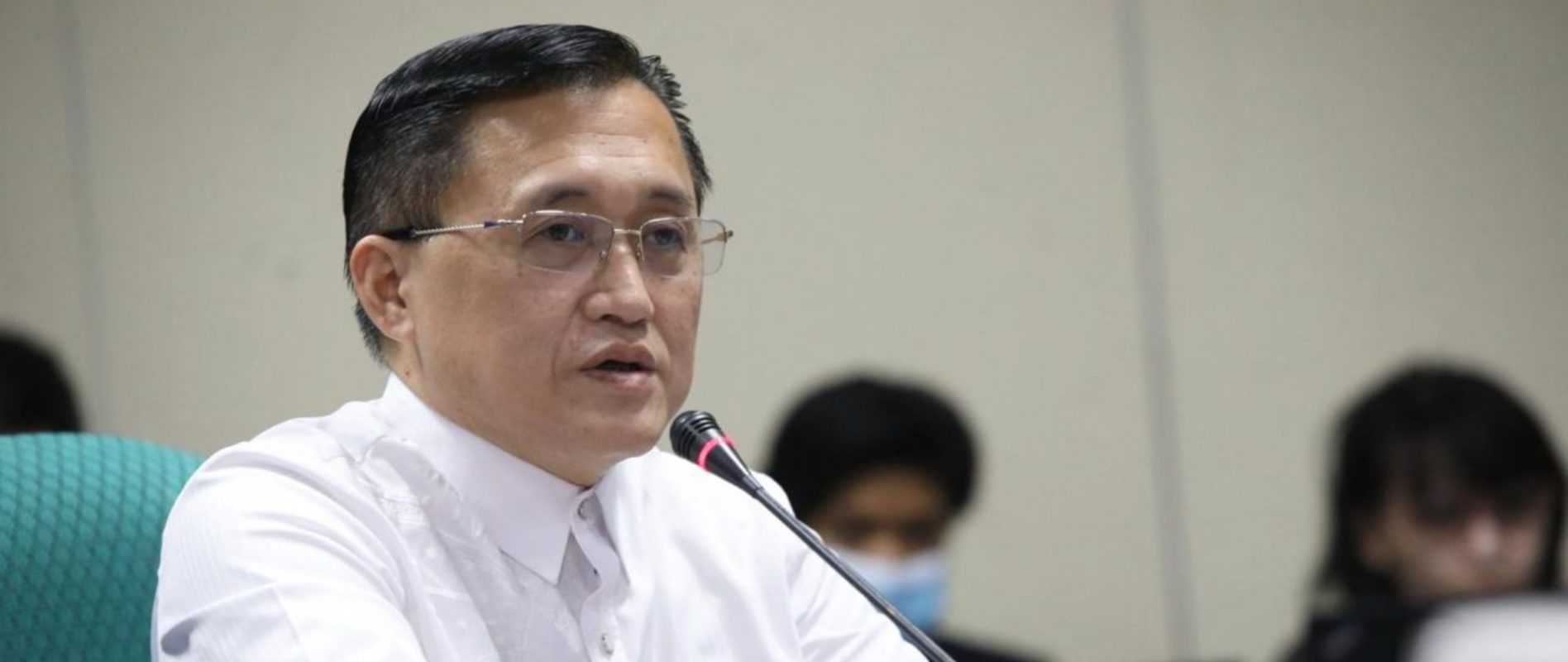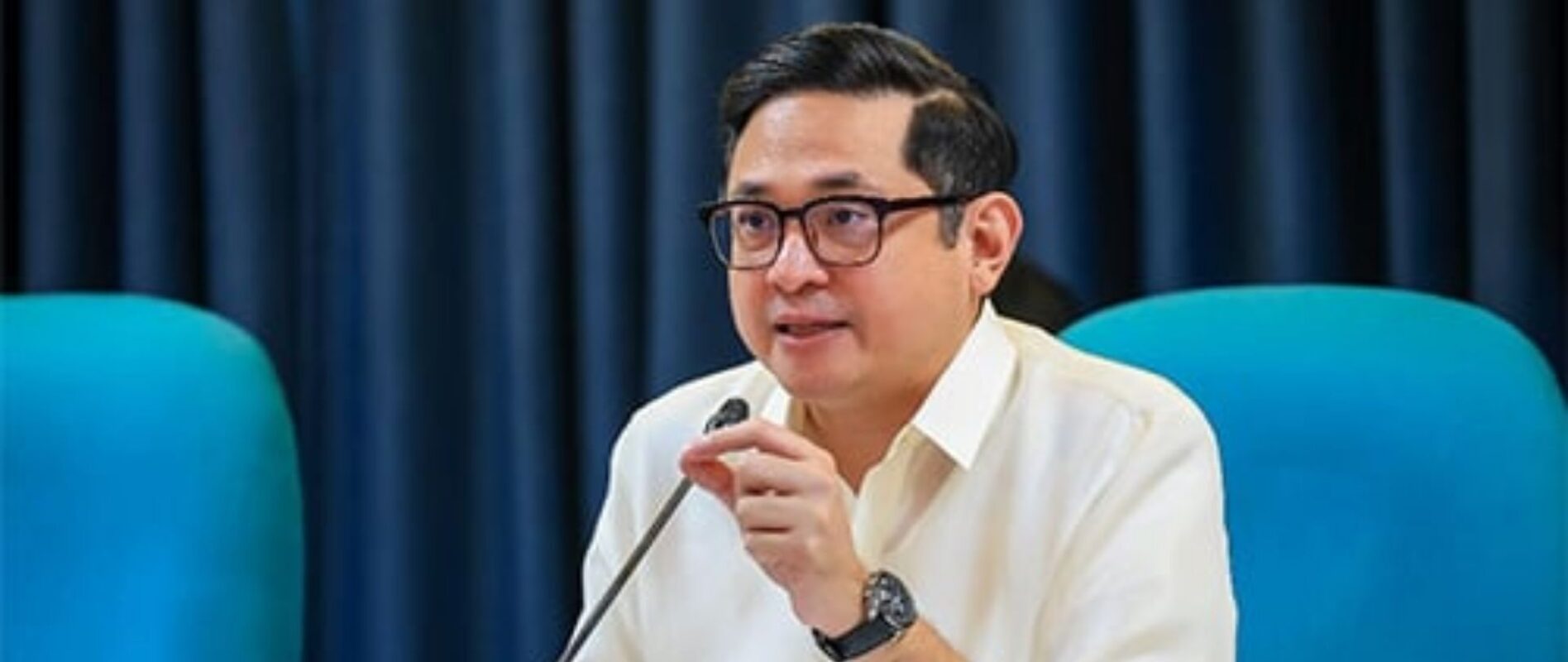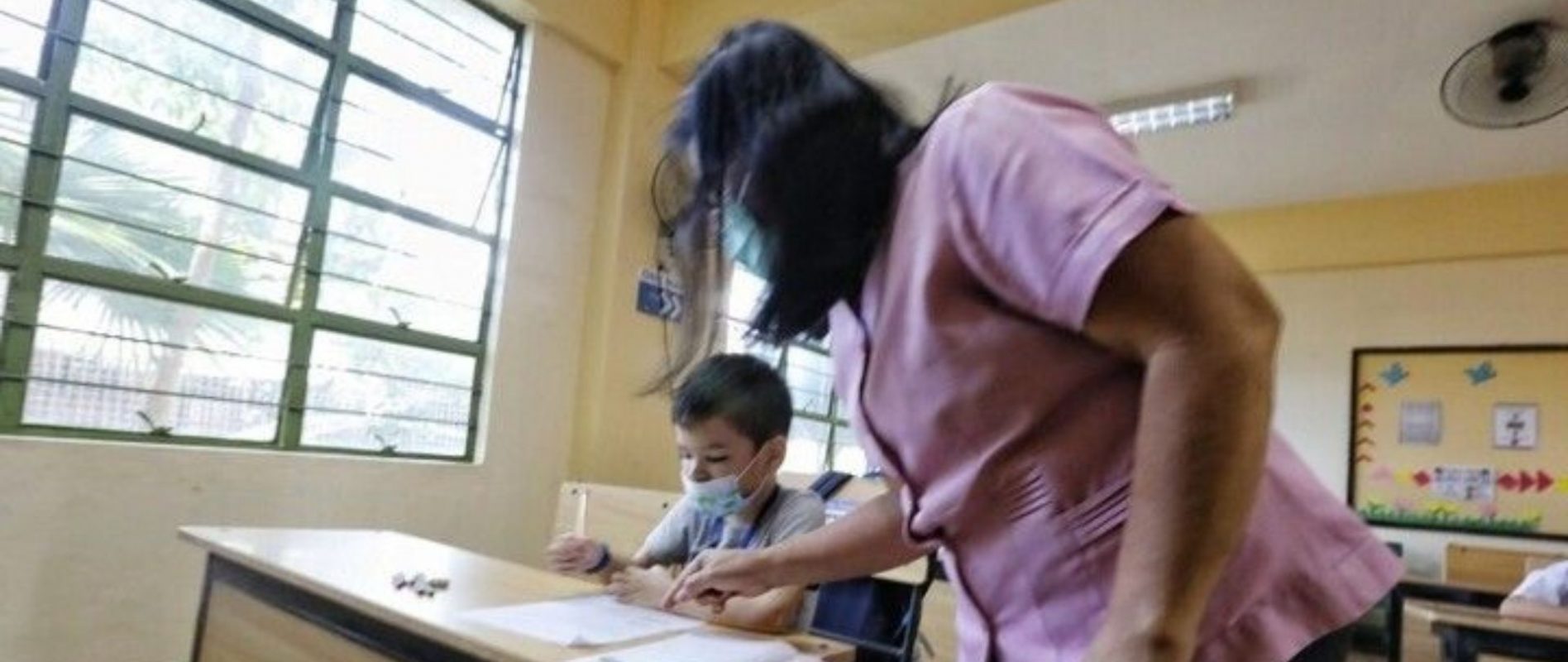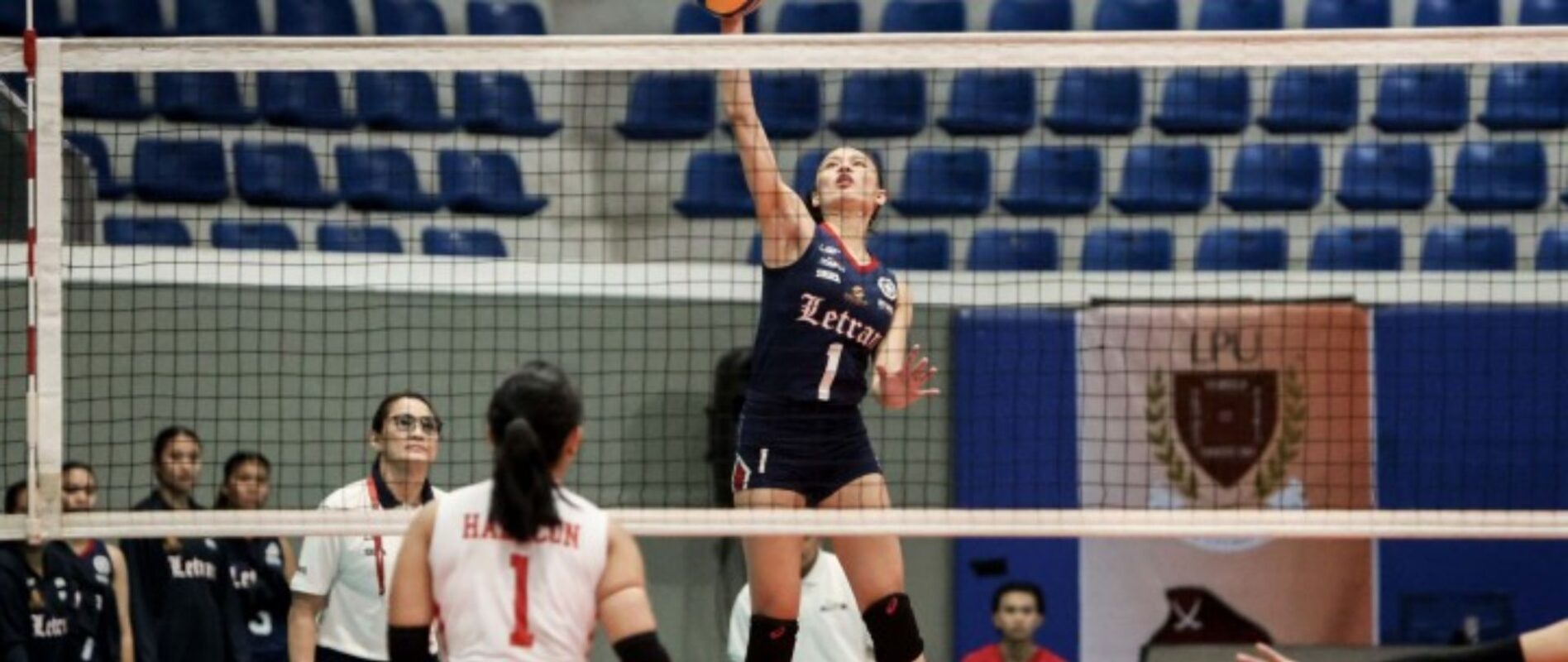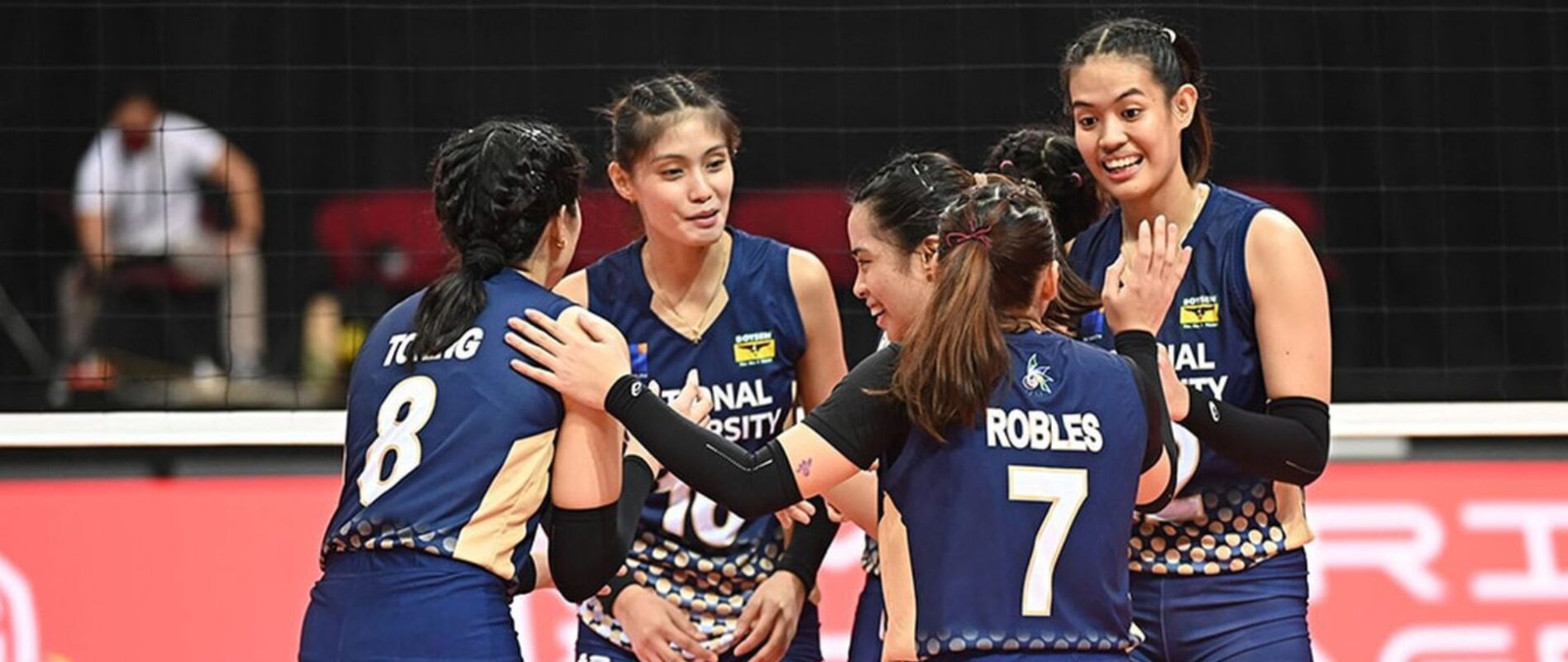LEARNING COMMUNITY TO GET PSYCHOLOGICAL SUPPORT
WITH the country’s ongoing battle with Covid19, schools must approach education in a way that ensures learning continuity without sacrificing health and safety. This calls for an alternative learning model and a shift in the mindsets of education stakeholders.
As the academic community prepares for this necessary change, the Department of Education has put emphasis on the importance of overall wellness and taking care of one’s mental health.
“DepEd fully supports the academic community as they transition into education’s new normal, and one form of support is helping them look after their mental health,” said Education Secretary Leonor Briones.
“The Department understands that the preparations for the incoming school year can be mentally and emotionally strenuous. This is why we have highlighted programs that will offer psychosocial support for teachers, parents, and other members of the community,” Briones added.
Earlier in July, DepEd opened a course on the Provision of Psychosocial Support and Training Wellness. The course aims to help the Department’s teachers and school leaders look after their overall wellness to fulfill their roles as education frontliners.
The first part of the course is Psychosocial Support, which consists of a series of online sessions.
These sessions focus on normalizing feelings, identifying stress reactions, identifying one’s needs, and expressing these needs to others. Participants will also be taught positive coping strategies like setting up work-from-home practices and practicing mindfulness meditation.
Training Wellness, on the other hand, consists of weekly learning ‘playlists’ that include course videos and discussions on the different aspects of one’s overall wellness — physical wellness, emotional wellness, and intellectual wellness, among others. This part of the course started last July 6, and will end on September 11.
Teachers and school leaders who have no access to these online sessions and courses will be given psychosocial support by the region or division through alternative means, such as phone calls. Self-learning modules for offline use will also be available for the learning playlists.
Because parents will also play a salient role in guiding and helping their children with their education, DepEd also launched Gabay Bahay, an online series for parents. It is a weekly online learning activity to engage parents and primary caregivers to protect the health, safety and well-being of children and learners.
The series covers topics on good parenting in the context of Covid19, such as understanding the effects the pandemic may have on children. The first episode of Gabay Bahay was launched last July 15, and episodes will be streamed weekly on the DepEd Philippines Facebook page every Wednesday at 4 p.m. until August 19.
Perhaps the members of the academic community who need the most support for the incoming school year are the learners, as children may feel a sense of anxiety, fear, or confusion brought by Covid19 and having to stay indoors.
To alleviate this, DepEd set up Online Kwentuhan: DRRMSbooklatan, a weekly online storytelling session that features relatable narratives for elementary learners. The stories cover topics like children’s rights, proper hygiene, and cultural appreciation. These online sessions started last May, and will be conducted every Tuesday at 4 p.m. until August.
To ensure that no learner gets left behind, DepEd will also have online sessions that will facilitate the well-being, protection, and learning continuity of children with disabilities.
These programs are only a few examples of the Department’s mental health and psychosocial support services interventions.
DepEd is hopeful that through these initiatives, they can help the academic community prepare in all necessary aspects for school year 2020-2021.
“Protecting and promoting the mental health of our education stakeholders, especially in these uncertain times, is among one of the Department’s top priorities,”Briones said.
“With the cooperation and help of our partners and various organizations, we will continue working toward providing the psychosocial support that the academic community needs.”

